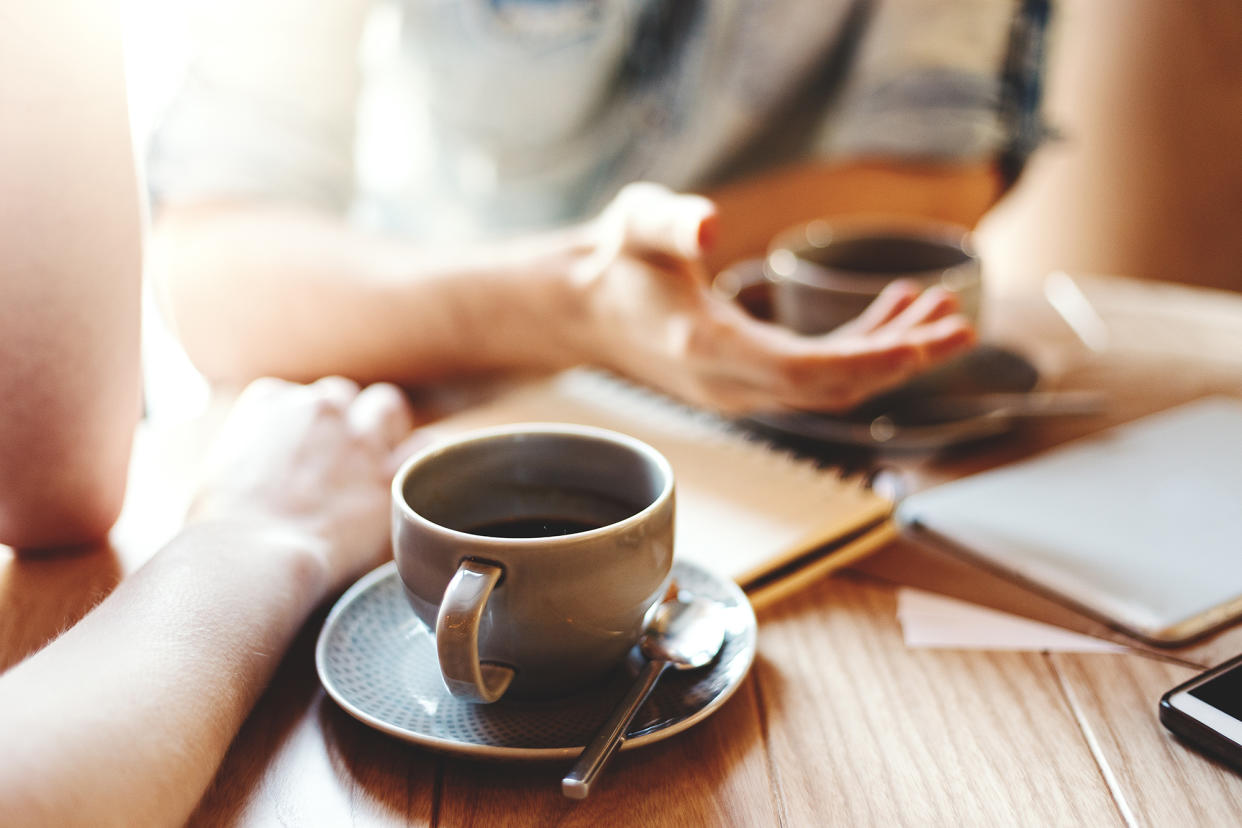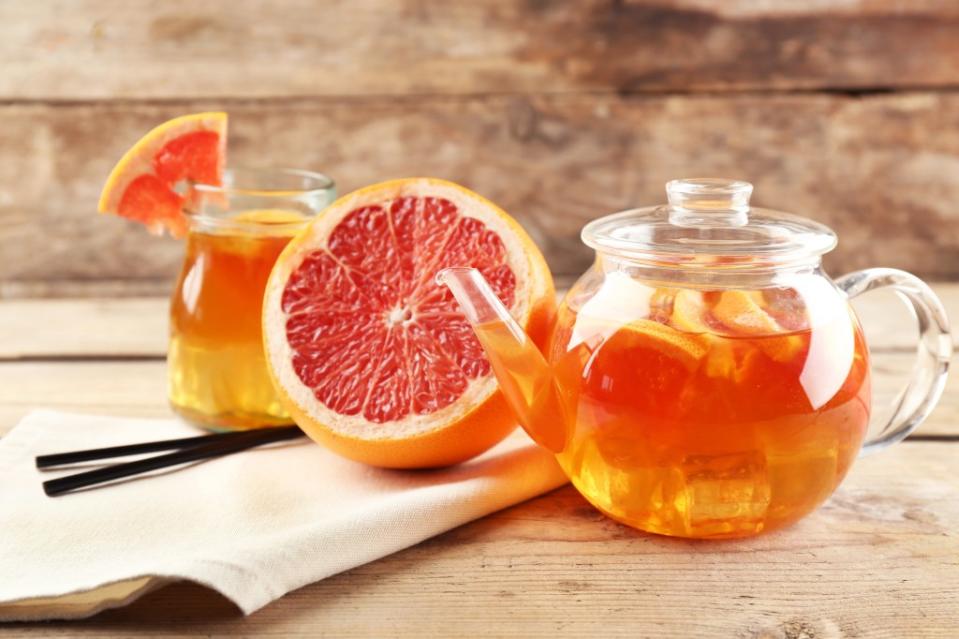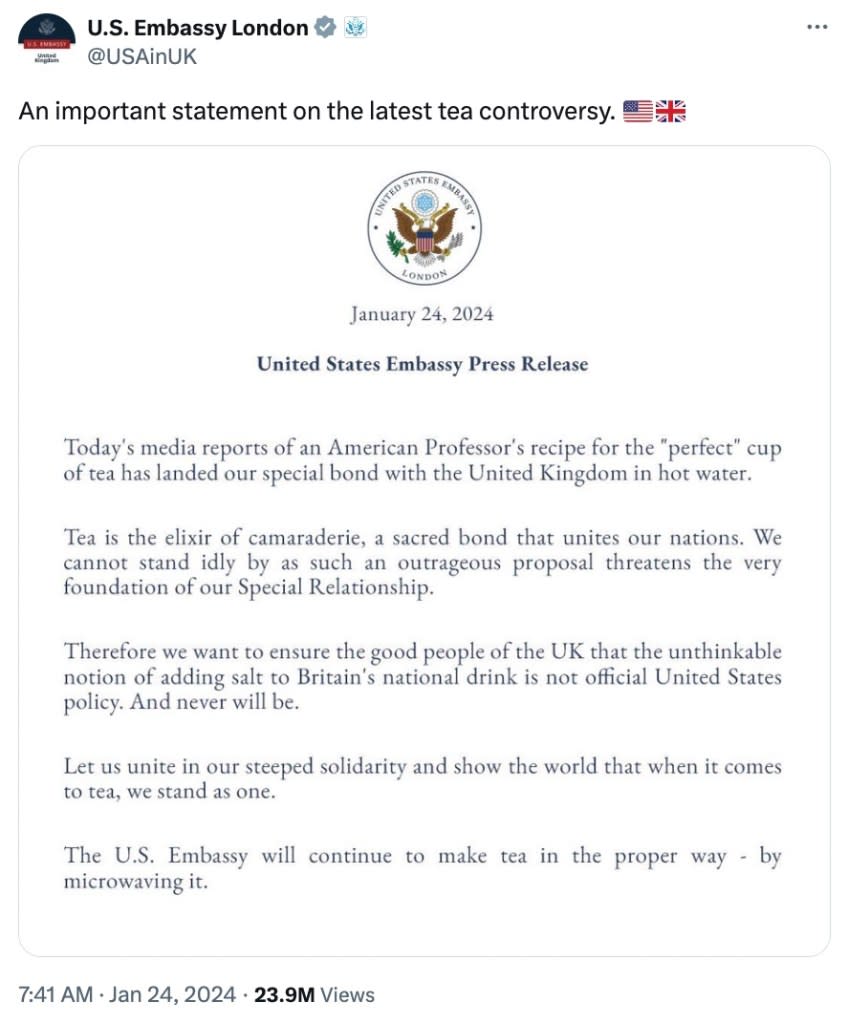This secret ingredient could prolong the effects of caffeine, scientist says

Want that long-lasting buzz from your morning coffee? Skip that second cup and try this surprising breakfast addition instead.
Eating grapefruit with your java could potentially extend the effects of the caffeine and ward off that unwanted afternoon slump, according to Michelle Francl, a chemistry professor at Bryn Mawr College.
“If you eat a lot of grapefruit you can increase the time the caffeine remains in the system,” she said during a Chemistry World webinar this week, adding that cabbage, broccoli and brussels sprouts could help caffeine clear from your system quicker.
Now, don’t go throwing grapefruit into your cup of joe — just eating the fruit or drinking juice alongside your morning coffee could prolong the caffeine high, according to some experts.
But while past studies have investigated claims that this is due to naringin, responsible for grapefruit’s bitter taste, researchers have reported that it may not alter caffeine metabolism.

Last month, Francl enraged tea purists by suggesting that adding a pinch of salt to a cup of tea makes it “better.”
Published in her book “Steeped: The Chemistry of Tea,” the chemist offered research-backed methods to making the perfect brews and flavor profiles, saying that “the sodium ions in salt block the bitter receptors in our mouths,” per the Associated Press.
But her suggestion was met with criticism from salty Brits, who said it “feels like a crime.” Even the US Embassy weighed in, posting a statement to X regarding the rift that landed Americans in “hot water.”
They ensured that “the unthinkable notion of adding salt to Britain’s national drink is not official United States policy. And never will be,” the letter read.
“The US embassy will continue to make tea in the proper way – by microwaving it,” they quipped.


While Francl assumed there would be “interest” in the topic, she never imagined it would lead to “a diplomatic conversation with the US Embassy,” she told the AP, pondering the coffee versus tea debate between the two nations.
“I wonder if we’re just a more caffeinated society — coffee is higher in caffeine,” she mused. “Or maybe we’re just trying to rebel against our parent country.”

